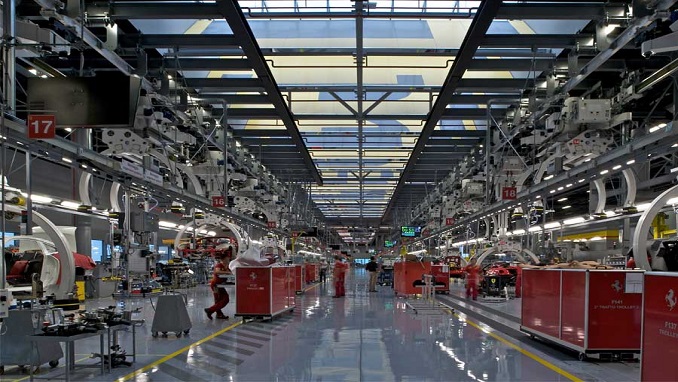In March, factory activity in the euro area reached a record 24-year high, according to a business survey carried out by the research firm IHS Markit, RT reported.
IHS Markit’s final Manufacturing Purchasing Managers’ Index (PMI), which is considered a good gauge of economic health, showed it had jumped to 62.5 in March from February’s 57.9, way ahead of the projected 62.4. The surge marks the highest reading since June 1997, when the survey began.
All the members of the single-currency area demonstrated readings above 50, which separates growth from contraction. All-time highs were set in Germany and the Netherlands, and activity in two countries, Italy and France, soared to 20-year peaks.
Meanwhile, an index measuring output, which is recorded in a composite PMI, grew to 63.3 from 57.6 in the previous month. The input price index increased from 79.7 from 73.9 – the highest in a decade.
“Eurozone manufacturing is booming. Although centered on Germany, which saw a particularly strong record expansion during the month, the improving trend is broad based across the region, as factories benefit from rising domestic demand and resurgent export growth,” Chris Williamson, chief business economist at IHS Markit said, cited by Reuters.
While record rises in output and new orders allowed European producers to raise their average prices more than at any point in the past 10 years, supply chains were enormously challenged by shortages and logistic disruptions. Moreover, delays caused and exacerbated by the Suez Canal blockage may continue into April.
“While the forces driving prices higher appear to be temporary, linked to the initial rebound from Covid-19 lockdowns, any further upward pressure on firms’ costs and selling prices is unwelcome,” the analyst said.












